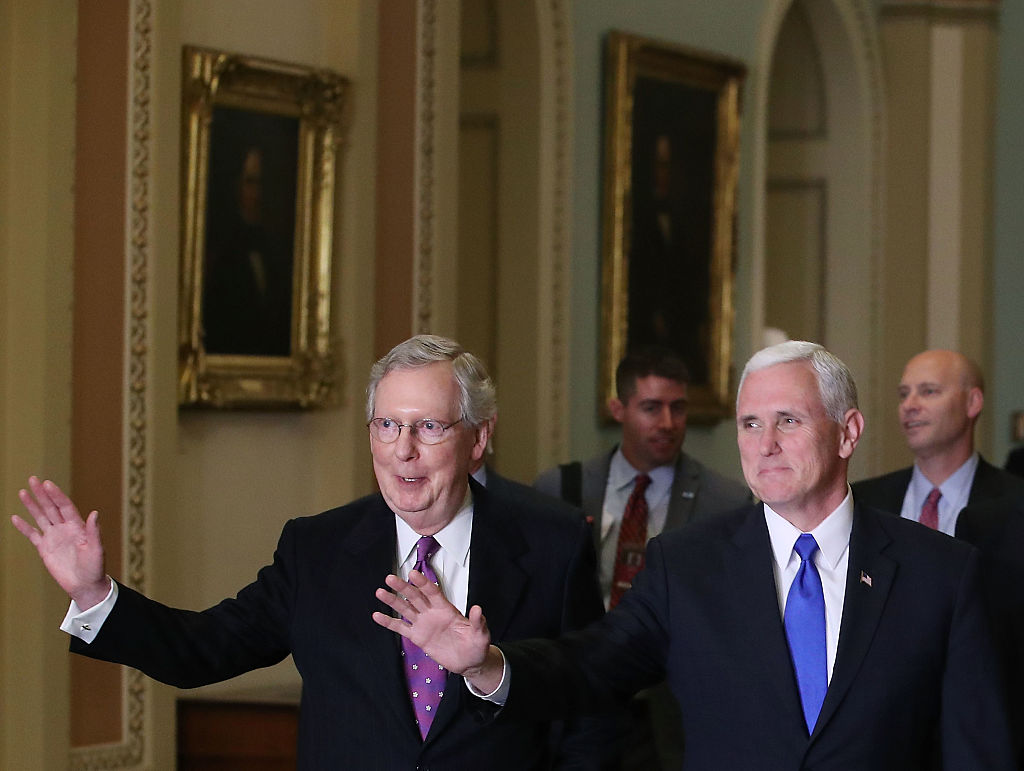Hospitals warn that repealing ObamaCare could spark 'unprecedented public health crisis'


A free daily email with the biggest news stories of the day – and the best features from TheWeek.com
You are now subscribed
Your newsletter sign-up was successful
On Tuesday night, President-elect Donald Trump repeated his pledge to repeal the Affordable Care Act, and as Vice President-elect Mike Pence met with congressional Republicans, the big question was how long before the repeal takes effect, with options ranging from six months to three years. Also on Tuesday, the two major trade groups representing hospitals warned Trump and GOP leaders in Congress that repealing ObamaCare could cost U.S. hospitals $165 billion by 2026 and force "an unprecedented public health crisis."
When Democrats wrote the Affordable Care Act over 14 months, they carefully balanced the needs of the various sectors in the health care industry, and the American Hospital Association and the Federation of American Hospitals argued in a Washington, D.C., press conference that the flood of uninsured patients would cause massive losses at hospitals. If it repeals the law, the hospital industry said, Congress needs to step in with financial aid. The groups, citing a study, estimated that based on the only ObamaCare repeal law Congress has passed (and Obama vetoed), 22 million more people will be uninsured in a decade, and the strain to hospitals from those patients would be "unsettling," as FAH president Charles Kahn III said.
Republicans have put together a repeal vote that can pass with a simple majority in the Senate, avoiding a Democratic filibuster, but any replacement legislation would need Democratic assent.
The Week
Escape your echo chamber. Get the facts behind the news, plus analysis from multiple perspectives.

Sign up for The Week's Free Newsletters
From our morning news briefing to a weekly Good News Newsletter, get the best of The Week delivered directly to your inbox.
From our morning news briefing to a weekly Good News Newsletter, get the best of The Week delivered directly to your inbox.
A free daily email with the biggest news stories of the day – and the best features from TheWeek.com
Peter has worked as a news and culture writer and editor at The Week since the site's launch in 2008. He covers politics, world affairs, religion and cultural currents. His journalism career began as a copy editor at a financial newswire and has included editorial positions at The New York Times Magazine, Facts on File, and Oregon State University.
